The charges relate to the 2021 Abu Dhabi T10 Cricket League and attempts to corrupt matches in that tournament – these attempts were disrupted. The ICC was appointed by the ECB as the Designated Anti-Corruption Official (DACO) for the purposes of the ECB’s Code for this tournament and as such are issuing these charges on the ECB’s behalf.
Those charged are:
Krishan Kumar Chaudhary (co-owner of a team):
Article 2.4.5 – Failing to disclose to the DACO (without unnecessary delay) full details of any incident, fact, or matter that comes to the attention of a Participant that may evidence Corrupt Conduct under the Anti-Corruption Code by another Participant.
Article 2.4.6 – Failing or refusing, without compelling justification, to cooperate with any investigation carried out by the DACO in relation to possible Corrupt Conduct under the Code.
Article 2.4.7 – Obstructing or delaying a DACO investigation into possible Corrupt Conduct under the Code.
Parag Sanghvi (co-owner of a team):
Article 2.2.1 - Placing bets on the results, progress, conduct or other aspect of International and Domestic Matches.
Article 2.4.6 – Failing or refusing, without compelling justification, to cooperate with any investigation carried out by the DACO in relation to possible Corrupt Conduct under the Code.
Ashar Zaidi (batting coach):
Article 2.1.1 – Being party to an attempt to fix, contrive or influence improperly matches or aspects of matches in the Abu Dhabi T10 2021.
Article 2.1.4 – Directly or indirectly soliciting, inducing, enticing, instructing, persuading, encouraging or intentionally facilitating any Participant to breach Article 2.1.
Article 2.4.4 - Failing to disclose to the DACO full details of any approaches or invitations received to engage in Corrupt Conduct under the Code.
Rizwan Javed (domestic player):
Article 2.1.1 – Being party to an attempt to fix, contrive or influence improperly matches or aspects of matches in the Abu Dhabi T10 2021.
Article 2.1.3 – Offering a Reward to another Participant in exchange for that player engaging in Corrupt Conduct.
Article 2.1.4 – Directly or indirectly soliciting, inducing, enticing, instructing, persuading, encouraging or intentionally facilitating any Participant to breach Code Article 2.1.
Article 2.4.4 - Failing to disclose to the DACO full details of any approaches or invitations received to engage in Corrupt Conduct under the Code.
Article 2.4.6 – Failing or refusing, without compelling justification, to cooperate with any investigation carried out by the DACO in relation to possible Corrupt Conduct under the Code.
Saliya Saman (domestic player):
Article 2.1.1 – Being party to an attempt to fix, contrive or influence improperly matches or aspects of matches in the Abu Dhabi T10 2021.
Article 2.1.3 – Offering a Reward to another Participant in exchange for that player engaging in Corrupt Conduct under the Code.
Article 2.1.4 – Directly or indirectly soliciting, inducing, enticing, instructing, persuading, encouraging or intentionally facilitating any Participant to breach Code Article 2.1.
Sunny Dhillon (assistant coach):
Article 2.1.1 – Being party to an attempt to fix, contrive or influence improperly matches or aspects of matches in the Abu Dhabi T10 2021.
Article 2.4.4 - Failing to disclose to the DACO full details of any approaches or invitations received to engage in Corrupt Conduct under the Code.
Article 2.4.6 – Failing or refusing, without compelling justification, to cooperate with any investigation carried out by the DACO in relation to possible Corrupt Conduct under the Code.
Nasir Hossain (Bangladesh player):
Article 2.4.3 – Failing to disclose to the DACO receipt of a gift worth over $ 750.
Article 2.4.4 - Failing to disclose to the DACO full details of any approaches or invitations received to engage in Corrupt Conduct under the Code.
Article 2.4.6 – Failing or refusing, without compelling justification, to cooperate with any investigation carried out by the DACO in relation to possible Corrupt Conduct under the Code.
Shadab Ahamed (team manager):
Article 2.4.6 – Failing or refusing, without compelling justification, to cooperate with any investigation carried out by the DACO in relation to possible Corrupt Conduct under the Code.
Six of the charged - Krishan Kumar Chaudhary, Parag Sanghvi, Azhar Zaidi, Rizwan Javed, Saliya Saman and Sunny Dhillon - have been provisionally suspended and all have 14 days from 19 September 2023 to respond to the charges.

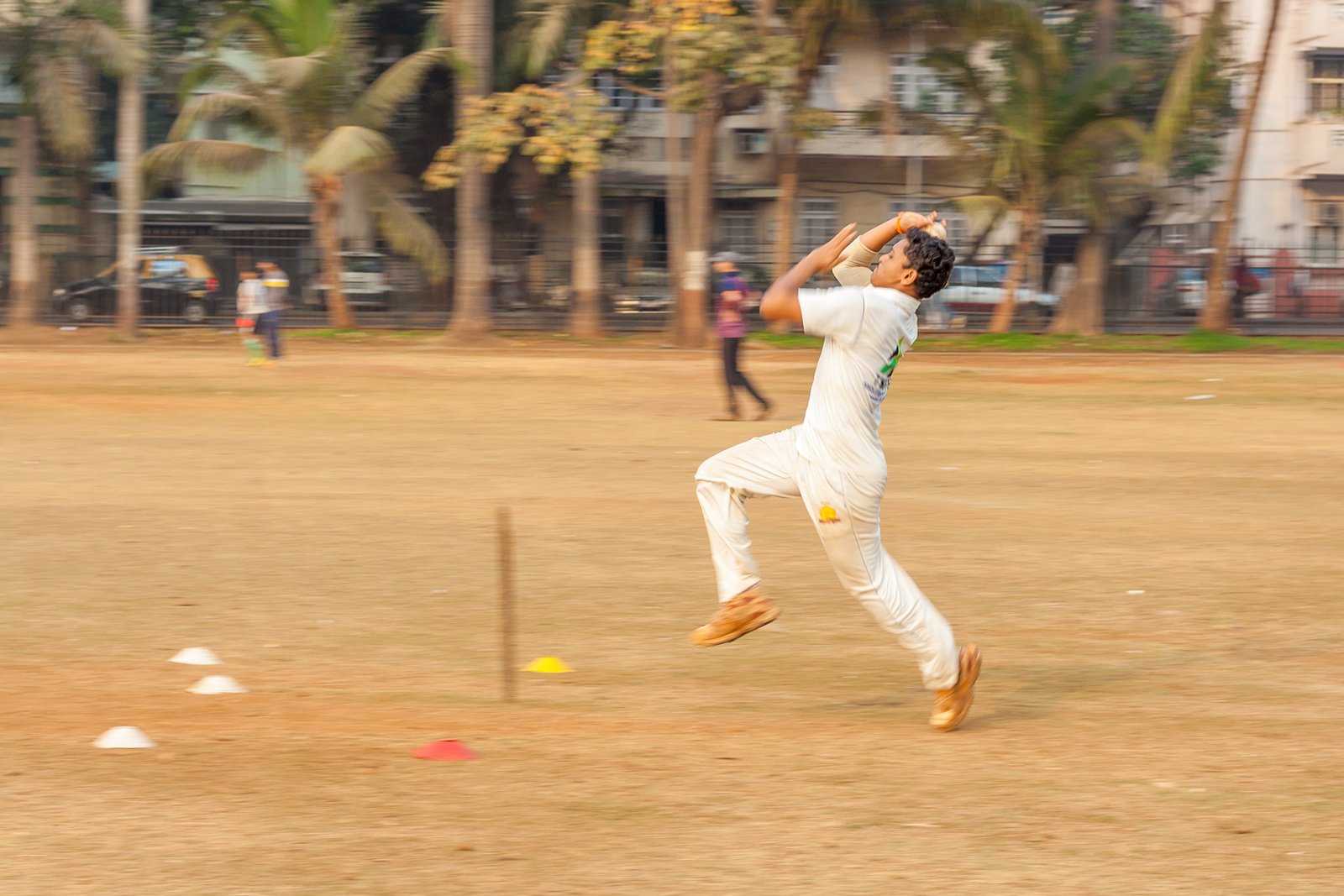





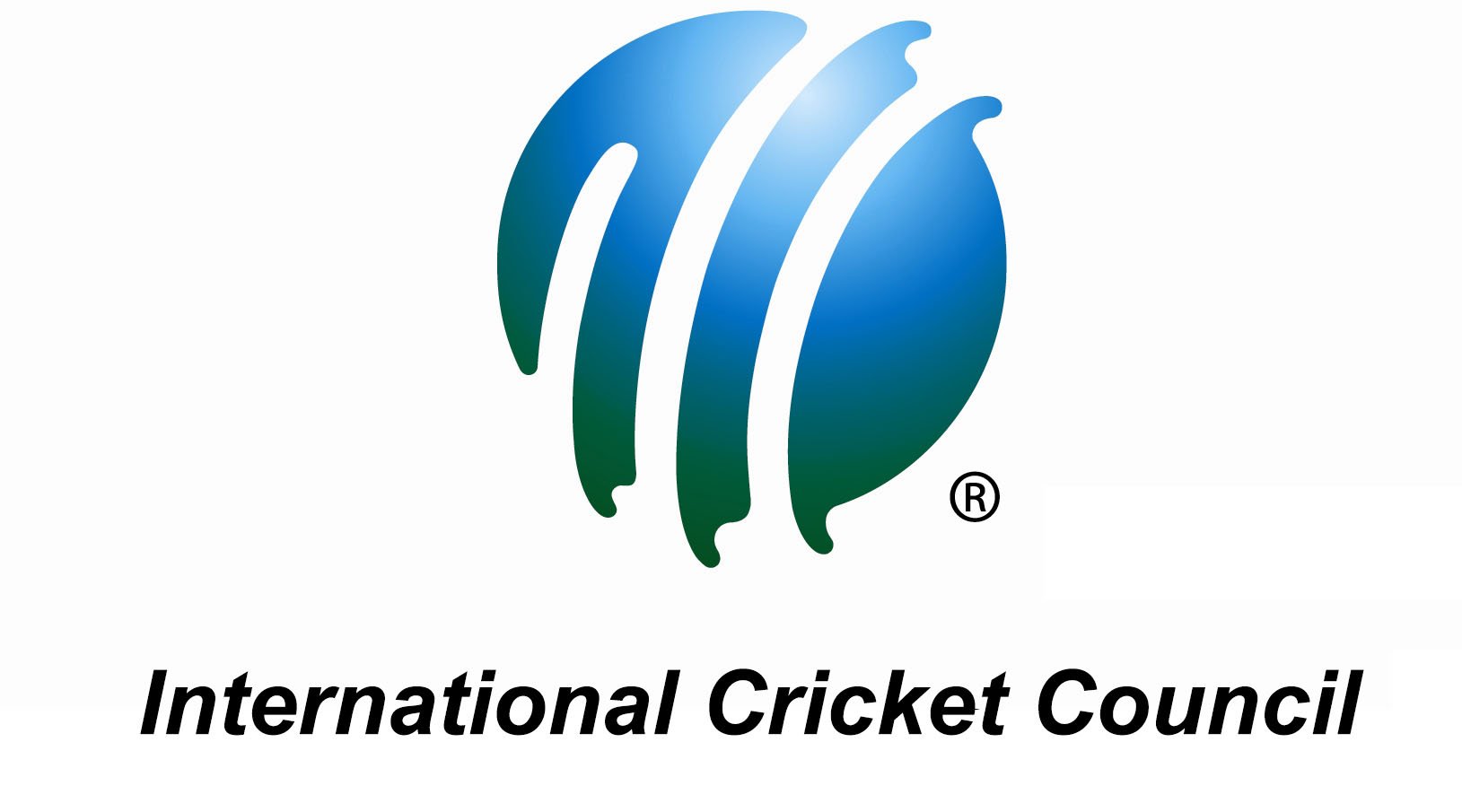


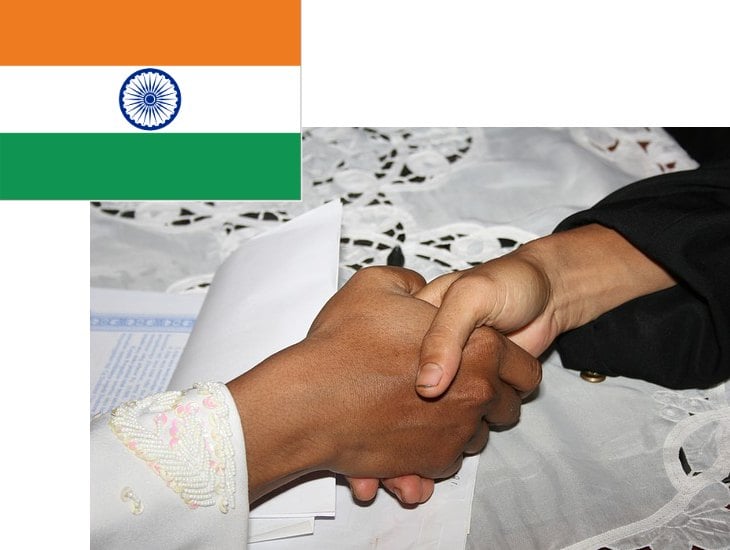

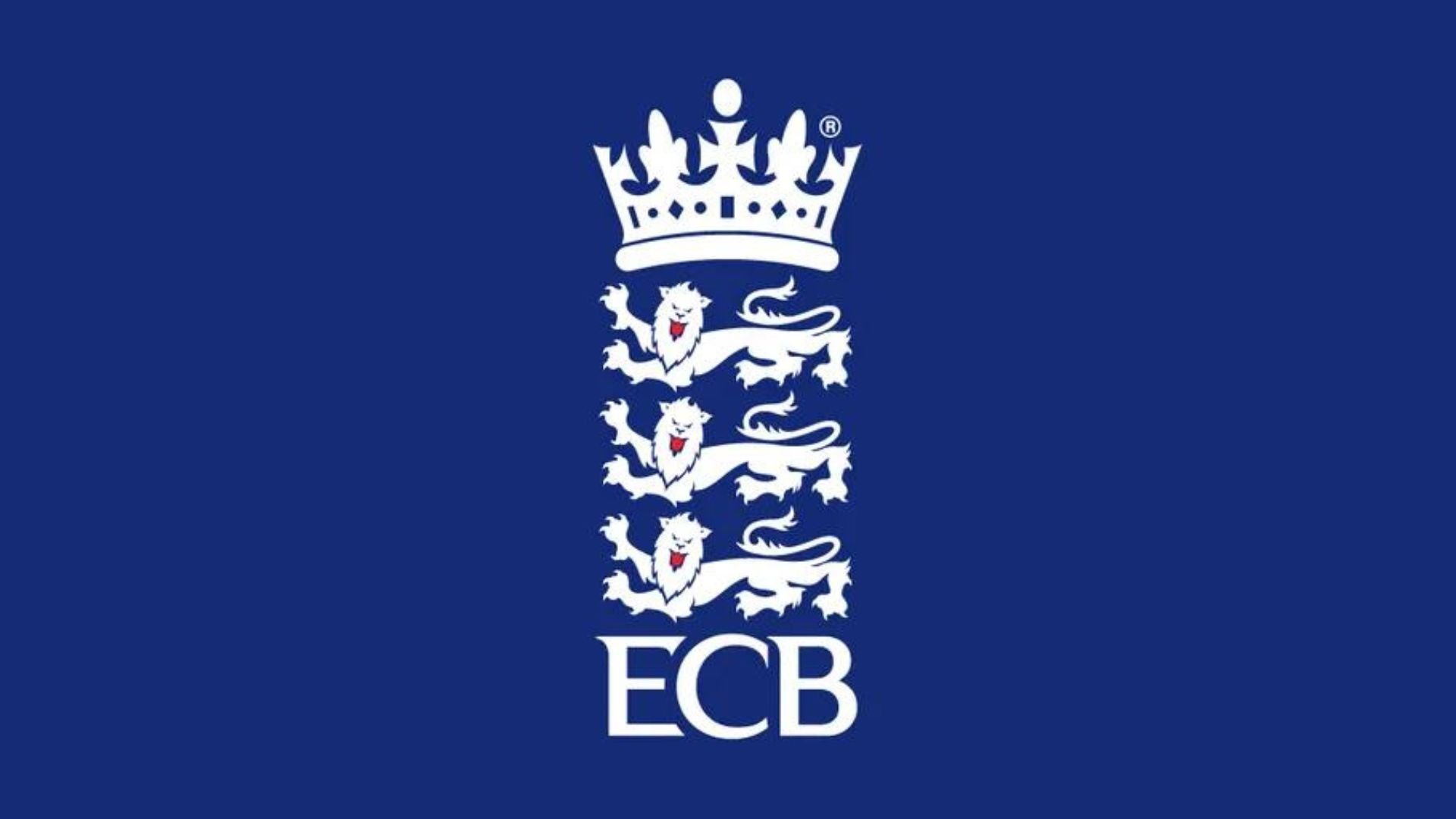







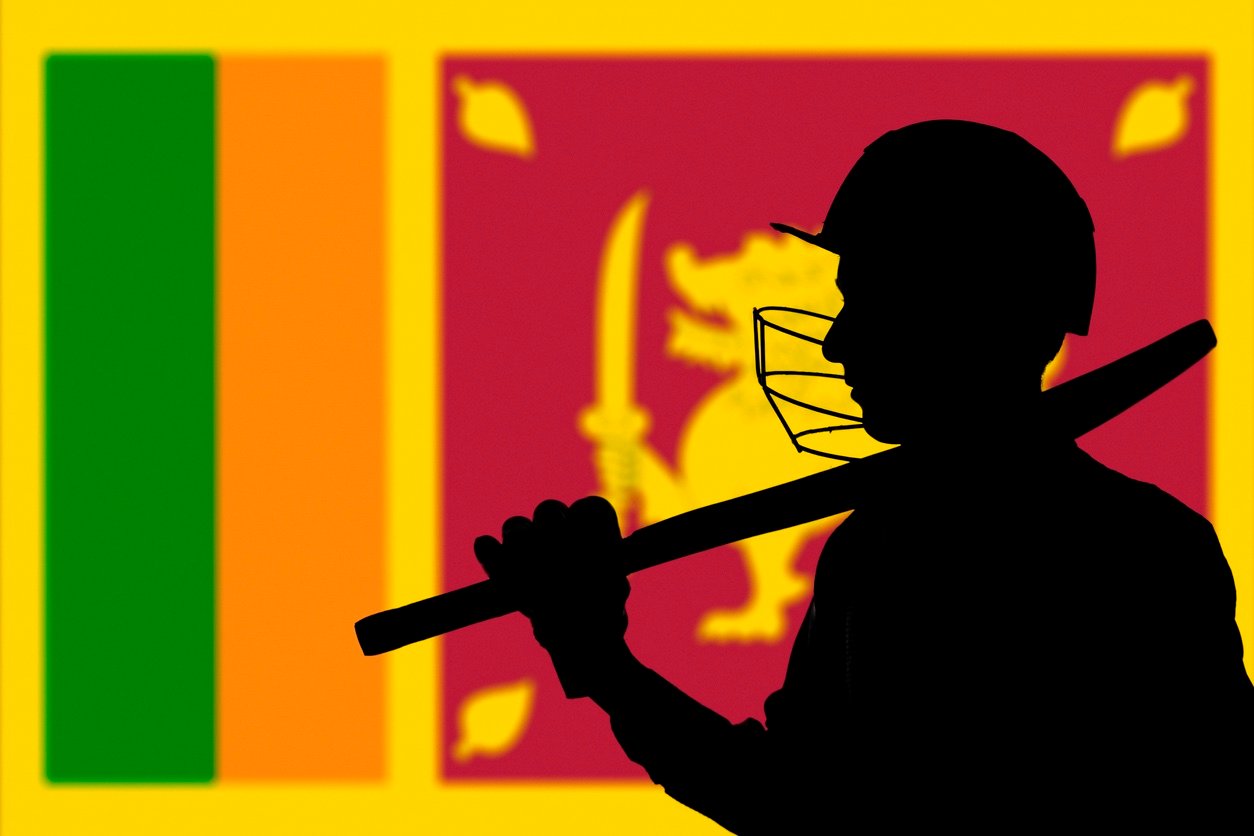






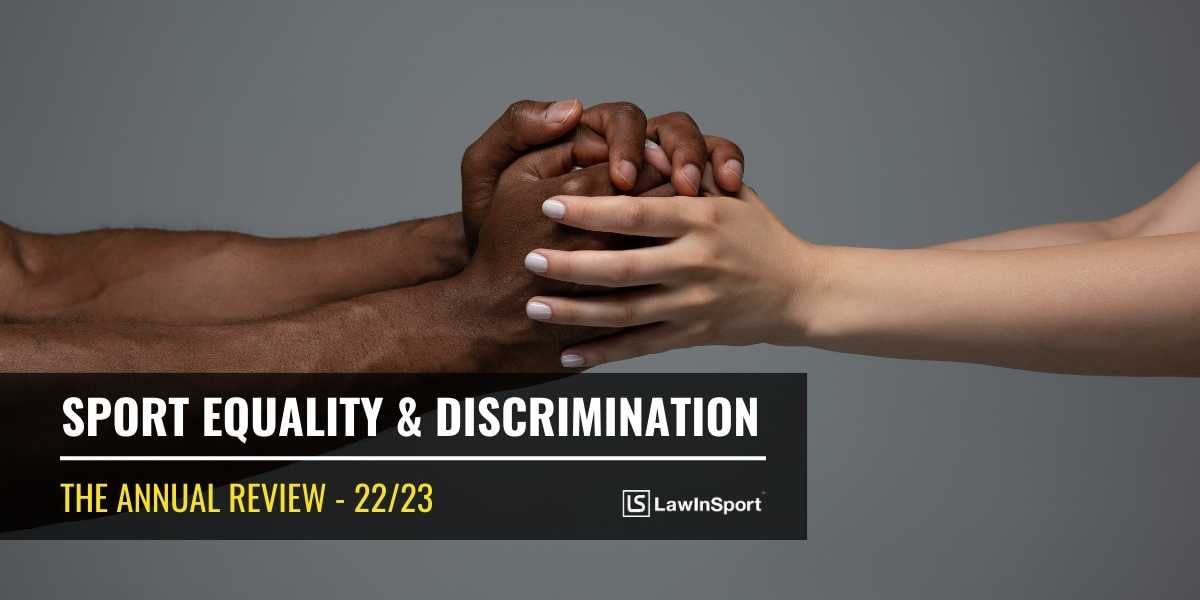


 Global Summit 2024
Global Summit 2024